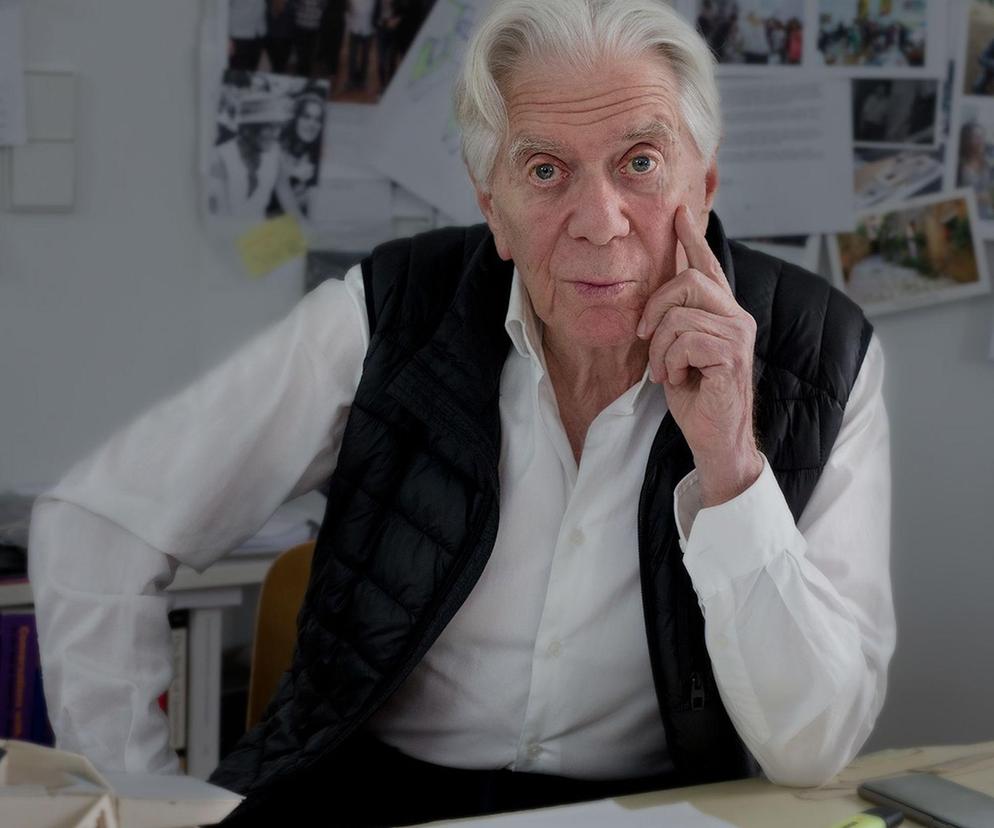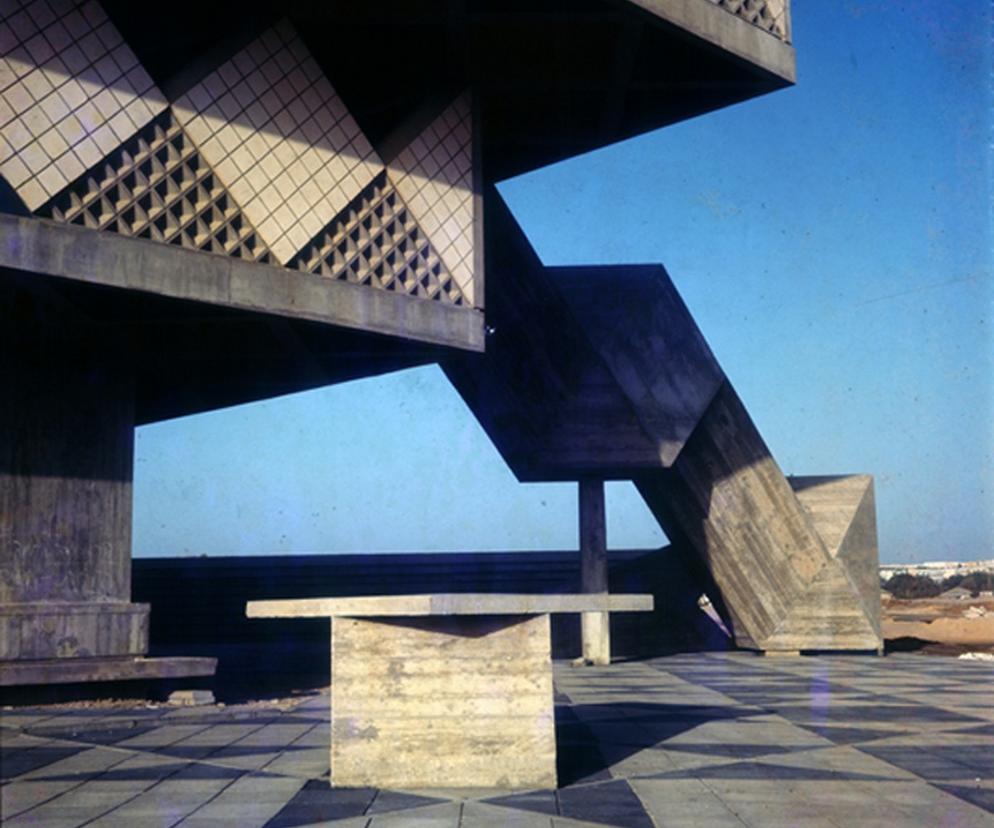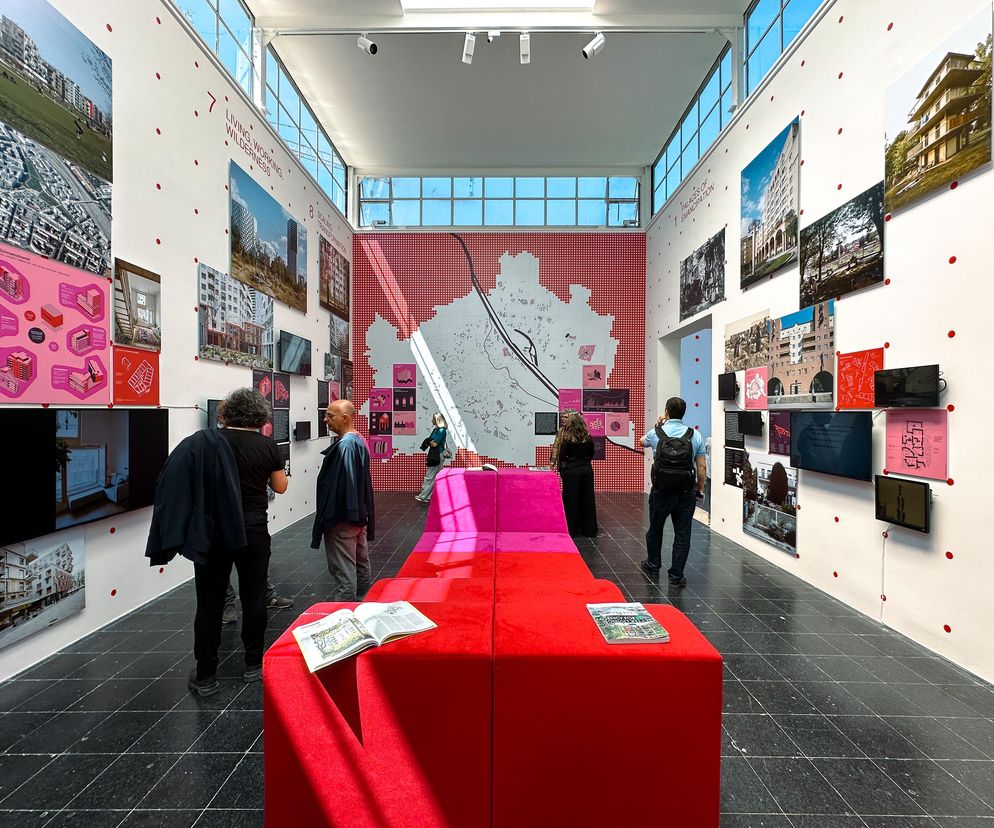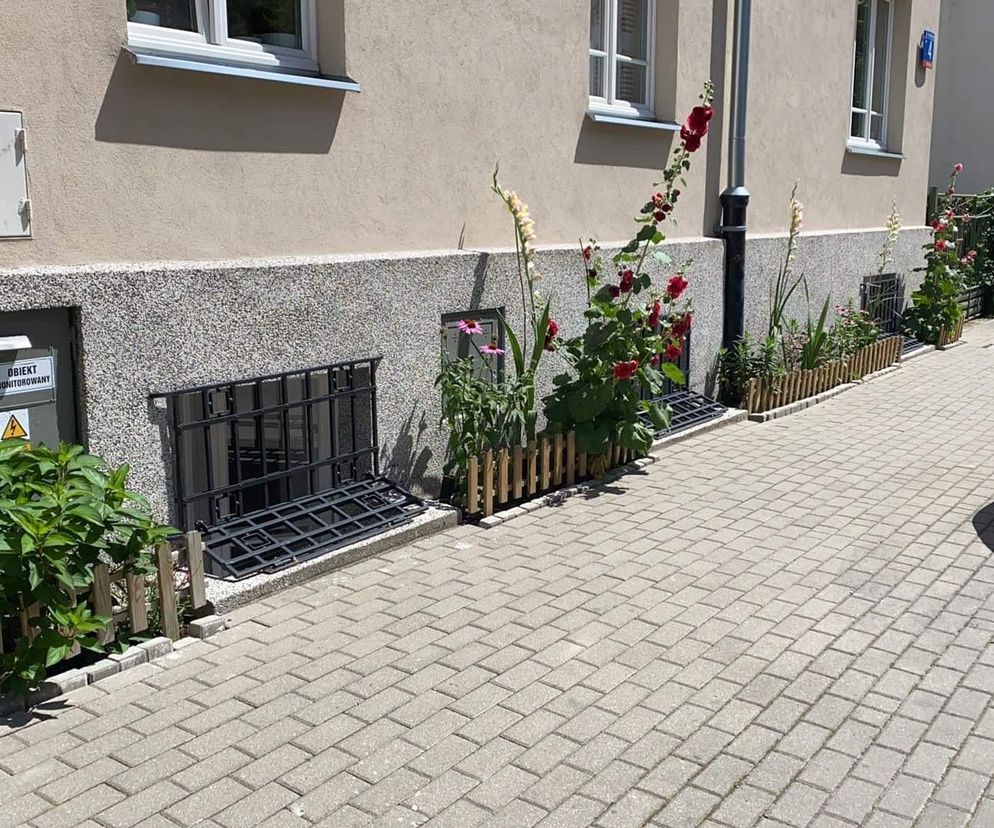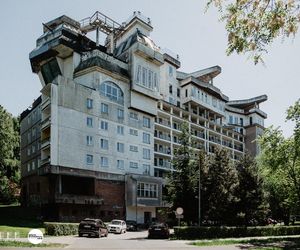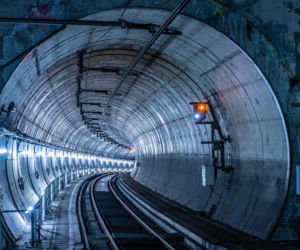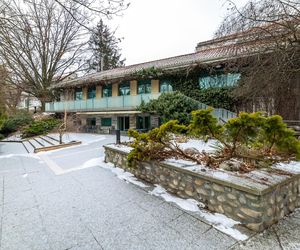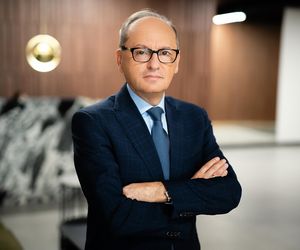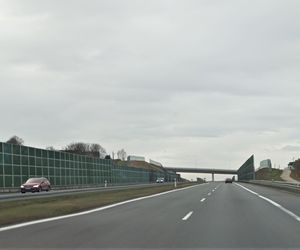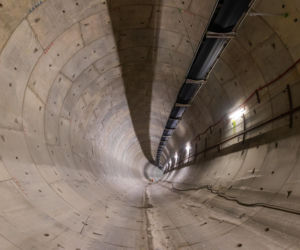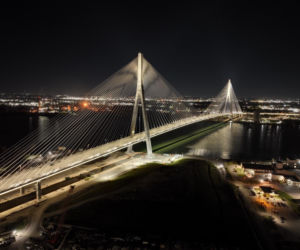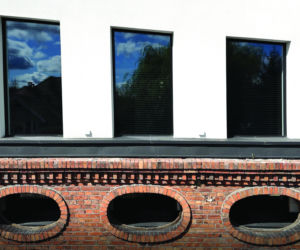Zvi Hecker (1931-2023) urodził się w Krakowie, lata wojny spędził w Samarkandzie. Edukację architektoniczną rozpoczął na wydziale architektury Akademii Górniczej w Krakowie. W 1950 roku wyemigrował wraz z rodziną do Izraela, gdzie kontynuował studia na politechnice Technion w Hajfie. W 1960 roku, po uzyskaniu dyplomu i odbyciu służby wojskowej, wspólnie z przyjacielem ze studiów Eldarem Sharonem oraz swoim nauczycielem i mentorem Alfredem Neumannem, otworzył studio architektoniczne, a już po kilku latach rozpoczął samodzielną praktykę zawodową. Wielokrotnie reprezentował Izrael na Biennale Architektury w Wenecji. Wykładał na uczelniach w Europie i Ameryce. Do końca swych dni pozostawał zawodowo związany z Berlinem i Tel Awiwem. Do najbardziej znanych realizacji Zvi Heckera należą ratusz w Bat Yam (1960-1963), dom mieszkalny Dubinera w Ramat Gan (1961-1963), dom Spirala w Ramat Gan (1985-1989), szkoła żydowska im. Heinza-Galińskiego w Berlinie (1991–1995), Muzeum Historii Palmach w Tel Awiwie (1995-1999), Centrum Kultury Żydowskiej w Duisburgu (1996–2000) czy pomnik w miejscu spalonej synagogi przy Lindenstraße w Berlinie upamiętniający Noc Kryształową (1998). Był laureatem m.in. Nagrody Niemieckich Krytyków (1996) i Nagrody Rechtera (1999). Poniżej publikujemy wspomnienie architekta, które przesłali do redakcji jego współpracownicy i przyjaciele z pracowni Zvi Hecker Architect: Paolo Fontana, Oliver Scheffler, Sapir Faust, Guglielmo Sandri Giachino, Ermanno Cavaliere i Karin Allvin.
Zvi Hecker 31.05.1931 – 24.09.2023
It is with a deep sense of loss and profound respect that we announce the passing of Zvi Hecker, the revered architect whose unique approach and visionary designs have left an enduring legacy on the global architectural landscape. He passed away peacefully on September 24th in his home in Berlin.
Born in 1931 in Krakow, Poland, Hecker’s architectural journey has spanned decades and continents.
His contribution in building a new architectural identity in Israel is epitomized in his landmark projects of the sixties, at the service of the community such as Ramot Polin Housing complex, Bat Yam City Hall, the Synagogue in the desert of Negev, the Mechanical Laboratories at the Technion in Haifa and the Dubiner House in Ramat Gan, and continued later on with the polysemous architecture of the Spiral House in Ramat Gan, and the Palmach Museum in Tel Aviv, a tribute conceived as a landscape within the Israeli landscape.
Living and working in Berlin since the nineties, after winning the competition for the iconic Heinz Galinski school in the city, he took part in the most important competitions dedicated to public buildings all over Europe, where he built other collective buildings, such as the Jewish Cultural Center in Duisburg and the Koningin Máximakazerne in Amsterdam Schiphol, each bearing witness to his unique architectural vision.
There are still numerous projects on his desk, which we are honored to be a part of their continuation.
I am an artist whose profession is architecture
Zvi Hecker was an unconventional protagonist on the architectural scene, a “form-giver” whose oeuvre is impossible to pinpoint. He embodied the epitome of integrity as he unwaveringly stood by his views and perceptions.
He was not merely an architect, but a refined painter and above all a great intellectual, always interpreting reality with his sharp categories of thought. His multifaceted approach to architecture was also rooted in the complex geography of his life. Absorbing the cultural milieu of the lands hosting him, from Poland to Samarkand, Israel, Canada, USA and Europe, Hecker himself stated: “from my projects you can also understand where I come from”.
Far from the mainstream ideals of contemporary architecture, Hecker never compromised in favor of formalism, but always prioritized the physical and psychological necessities of the individual, paying respect to the cultural genius loci. This is one of the most important legacies which we inherit from the Master: re-positioning the individual at the center of architectural design.
There will be time for scholars to continue studying the depth of his work, discovering new semantics, and for students in architecture to learn an effective process of designing from his method...but today the Beauty sheds tears for one of its greatest interpreters. We cry with her, although with the awareness that his strenuous search for beauty, fundamentally embedded in each of his projects, in every drawing, and painting, is a contribution to the cultural development worldwide, and will as such never perish.
Team Zvi Hecker Architect
Paolo Fontana, Oliver Scheffler, Sapir Faust, Guglielmo Sandri Giachino, Ermanno Cavaliere, Karin Allvin

